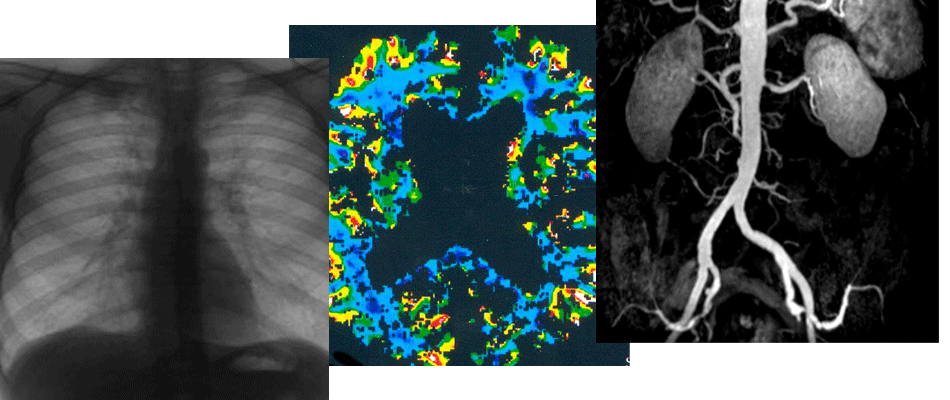Abstract: Introduction: coronavirus (COVID) pandemic has caused temporary changes in work algorithms of different hospitals, that have not previously provided care for infectious patients. However, the consequences of COVID go beyond infectious pathology. Widespread use of therapeutic doses of anticoagulants as a necessary treatment option and resistant to treatment, cough as a typical symptom, led to an increase in spontaneous ruptures of epigastric arteries with hematomas of abdominal wall, which was an undesirable complication of the main disease. Aim: was to demonstrate possibilities of endovascular methods in treatment of patients with spontaneous rupture of epigastric arteries on the background of COVID-19 and anticoagulant therapy. Material and methods: at joinant infectious hospital, inpatient care was provided to 421 patients with coronavirus infection. At the same time, during treatment 9 patients had hematomas of abdominal wall and two of them had spontaneous rupture of rectus abdominis muscle and branches of inferior epigastric artery were damaged. In this article, we present both observations demonstrating the potential of endovascular surgery in treatment of such lesions in patients with COVID-19. Both patients, on the 6 and 10th day of inpatient treatment (severity of lung involvement was Grade 1 and Grade 2) during intense coughing, noted pain and swelling of anterior abdominal wall, accompanied by clinical and laboratory signs of blood loss. Computed tomography angiography (CT-A) revealed extravasation from small branches of inferior epigastric artery with an extensive hematoma that spread into the retroperitoneal space. In a hybrid operating room, a selective embolization of inferior (in one case, due to the high localization of the hematoma, inferior and superior) epigastric artery with an adhesive composition (N-butyl cyanoacrylate with iodolipol) was performed with successful angiographic and clinical results. Patients were discharged without complications on the 7th and 9th days of the postoperative period. Conclusion: timely CT-diagnostic of severe bleeding, even in cases with atypical localization, and its management by selective embolization of damaged artery is the basis in treatment of spontaneous (cough-associated) ruptures of rectus abdominis muscle in patients with new coronavirus infection.

Website is intended for physicians







